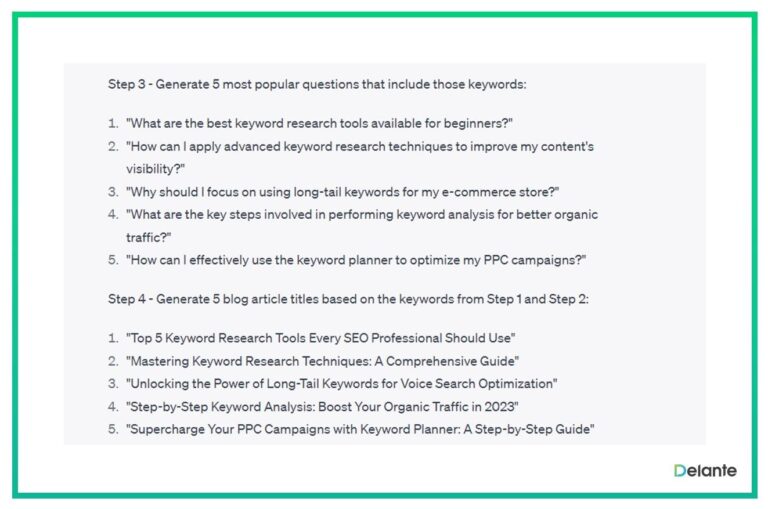Why Is Sierra Leone Included in the U.S. Travel Ban List for 2025? A Data-Driven Examination of This West African Country
In 2025, Sierra Leone was added to the United States travel ban list, sparking widespread discussion about the underlying reasons and criteria behind this decision. Amid global concerns over health emergencies and security challenges, travel restrictions have become a critical tool for many governments. Yet, Sierra Leone—a country known for its vibrant culture, rich history, and stunning landscapes—often finds itself portrayed through a lens shaped more by perception than by comprehensive data analysis. This article explores the factors contributing to Sierra Leone’s inclusion on the travel ban list while analyzing relevant statistics that offer a clearer understanding of its current situation. What does empirical evidence reveal about safety and stability in Sierra Leone? And how does this fit into broader conversations about international travel policies in an increasingly interconnected world?
Decoding the Factors Behind Sierra Leone’s 2025 Travel Ban
The designation of Sierra Leone on the U.S. travel ban list reflects a multifaceted evaluation encompassing political stability, public health concerns, and security conditions within the country. The U.S. government typically assesses several key indicators when imposing such restrictions:
- Prevalence of Infectious Diseases: Countries experiencing outbreaks or high transmission rates of contagious illnesses often face heightened scrutiny.
- Crime Rates and Public Safety: Elevated levels of violence or insufficient law enforcement can deter foreign visitors.
- Political Environment: Political unrest or governance challenges may compromise traveler safety.
Sierra Leone continues to grapple with lingering effects from its civil war era as well as periodic outbreaks of diseases like Ebola virus disease (EVD) and Lassa fever—both significant public health threats in recent years. Although no major Ebola outbreak has been reported since 2016, sporadic cases still raise alarms among international health authorities.
| Assessment Criteria | Status as of Early 2025 |
|---|---|
| Epidemiological Concerns | Moderate risk due to isolated infectious disease cases |
| Security Situation | An uptick in localized crime incidents reported recently |
| Governance & Stability | Semi-stable with occasional political tensions ahead of elections |
While these factors contribute to cautionary measures by foreign governments like the U.S., it is important to recognize ongoing efforts within Sierra Leone aimed at improving healthcare infrastructure and strengthening law enforcement capabilities.
Economic and Social Repercussions Stemming from U.S. Travel Restrictions on Sierra Leone
The imposition of travel bans carries profound consequences beyond immediate border closures—it directly impacts economic growth trajectories especially for nations dependent on tourism revenues and foreign investment inflows.
Sierra Leone’s economy relies significantly on sectors vulnerable to international mobility constraints:
- Diminished Tourism Income: Reduced visitor numbers translate into lower earnings for hotels, tour operators, artisans, and local markets.
- Employment Challenges: Hospitality workers face job insecurity amid shrinking demand.
- < strong >Foreign Investment Decline: Investor confidence wanes due to perceived instability affecting project viability.
< /ul >These setbacks risk deepening socioeconomic disparities already present within communities while slowing progress toward development goals related to education access and healthcare improvements.
Economic Indicator Status (Early 2025) Forecast Post-Ban < td >Tourism Sector Growth Rate 3% annual increase Projected contraction by approximately -1% < td >Unemployment Rate Currently around 4%< td>Possible rise up to nearly 6% < td >Foreign Direct Investment (FDI)< td>$160 million USD A potential drop below $110 million USD Initiatives Aimed at Enhancing Safe Travel Practices & Revitalizing Tourism in Sierra Leone
Reversing negative perceptions linked with safety requires coordinated strategies focused on both public health safeguards and visitor experience enhancement.
Key measures include:
- < strong >Robust Health Protocols: The introduction of mandatory temperature screenings at airports alongside routine sanitation audits across hospitality venues helps reassure travelers.
- < strong >Vaccination Drives: Sustained campaigns targeting both residents’ immunization against endemic diseases—and encouraging tourists’ compliance—are vital.
- < strong >Digital Health Verification Systems: The adoption of electronic vaccination certificates facilitates smoother entry procedures while maintaining transparency.
< /ul >Beyond medical precautions lies effective communication outreach designed to rebuild trust internationally:
- < strong>Culturally Sensitive Safety Campaigns: Tapping into social media influencers who resonate globally can amplify positive narratives around safe tourism experiences.
- < strong>Crisis Preparedness Frameworks: A clear plan detailing rapid response actions during emergencies fosters confidence among prospective visitors.
- < strong>Aviation Partnerships:
Investment also extends toward workforce training programs emphasizing hospitality excellence combined with strict adherence to hygiene protocols — ensuring every traveler encounters professionalism paired with safety assurance.
Final Thoughts on Sierra Leone’s Role Within Global Travel Dynamics Moving Forward
Sierra Leone’s placement under U.S.-imposed travel restrictions encapsulates an intricate balance between genuine concerns over public health risks, security issues rooted partly in historical context—and ongoing strides toward national recovery.
Data-driven insights reveal not only vulnerabilities but also resilience demonstrated through continuous improvements across multiple sectors—from enhanced epidemic preparedness initiatives inspired by lessons learned during past crises—to burgeoning cultural tourism projects spotlighting unique heritage sites such as Bunce Island or Tacugama Chimpanzee Sanctuary.
As policymakers deliberate future adjustments regarding these bans—and travelers weigh their options—it remains crucial that discourse transcends simplistic judgments based solely on headline fears.
By embracing nuanced perspectives grounded in verified information alongside human stories reflecting everyday life within this West African nation—we foster greater understanding that encourages responsible exploration rather than unwarranted exclusion.
Ultimately, supporting balanced dialogue around global mobility policies will help ensure countries like Sierra Leone are recognized not just for their challenges but also their potential contributions toward enriching worldwide cultural exchange.
For further reading:
Rwanda’s Mpox Vaccination Efforts Highlight Regional Health Advances
Telecom Egypt Boosts Connectivity via Africa-1 Cable Deployment







